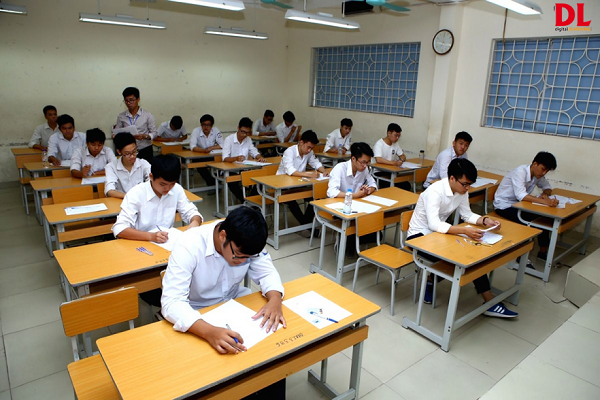Chief Minister of Odisha Naveen Patnaik recently inaugurated a comprehensive educational complex in Badapada, located within the ‘Swabhiman’ area of Malkangiri district, predominantly inhabited by tribal communities. This initiative marks a major step forward for the region, formerly the cut-off area due to its isolation and Maoist insurgency influence. The area’s accessibility and integration into the mainstream were significantly enhanced with the construction of the Gurupriya bridge, an effort led by the state government to connect this once-remote region.
The newly inaugurated educational complex, covering a sprawling 7 acres and built at a cost of approximately Rs 19 crore, was introduced to the public via video conferencing by CM Patnaik. This modern facility is designed to accommodate over 1,000 students from classes 1 to 12, equipped with advanced amenities to prepare students for future challenges and opportunities.
Among the notable features of the complex are its spacious classrooms, a specialised e-library that houses over 3,000 books, a dedicated tribal corner to celebrate and preserve the local culture, and various activity rooms, including an NCC room. Furthermore, the campus includes a computer lab, an ICT Smart Learning Centre, a science lab, and hostels that house 200 boys and 500 girls separately. Additional facilities such as an amphitheatre, garden, sports courts, open gym, and sustainable initiatives like solar lighting, solar water supply, and water harvesting systems underscore the state’s commitment to providing a holistic educational environment.
Also Read | UAE to make it global educational hub; India willing to partner
Chief Minister Patnaik, expressing a deep connection to Malkangiri, reminisced about initiating key welfare schemes in the district, including the subsidised rice scheme, Biju Swasthya Kalyan Yojana (BSKY), and the LAccMI bus service. He stressed that the establishment of the educational complex in the tribal hinterland represents a significant contribution to the holistic development of students in the region, aligning with the broader goals of educational advancement and social upliftment.





























